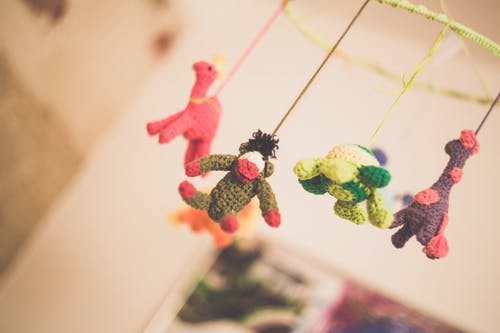Family is one of the most important things in our lives, but keeping your family healthy and happy is not always easy. In fact, it is one of the more difficult jobs we face in the world today. Open communication is key in maintaining healthy relationships between family members, and this is especially important in siblings. Generational differences crop up very quickly between children, and a difference of only a few years can drive siblings apart. Siblings are bound to get into arguments and disputes about various things; this is a natural part of growing up and becoming independent thinkers. You may often find yourself acting as a mediator in children’s disagreements. Consider setting up a neutral area for the kids to talk through their problems under your supervision.

This is something like a courtroom for your family, but don’t make it seem that way. Establish a space, maybe in a living room or common area, where family members can sit down and try to reach an understanding. Let siblings speak their minds, but encourage them to be respectful and civil. Discourage shouting and accusations. Early exposure to conflict resolution is very healthy for impressionable children. This will go along way, not only in developing positive relationships between siblings, but in helping them grow into reasonable, respectful young adults. Quality time between siblings is key for a good upbringing. Perhaps your kids are not necessarily fighting with one another, but simply growing apart and becoming more aloof.
Encourage the children to spend more time with each other. Older siblings have the capacity to act as mentors to their younger brothers and sisters through stressful and confusing periods of growing up. This is valuable on both ends: younger children can learn a great deal from their siblings who have recently gone through similar experiences, and the older children start to develop natural leadership skills. Likewise, the younger kids may help to temper often the hot-headed first born. Lead by example. Children absorb everything they hear and see, especially in years of early development. When kids are exposed to tense relationships between their parents and aunts or uncles, they are more likely to follow suit in their own lives. Don’t speak negatively about your own brothers and sisters; treat them like your dearest friends.
Your children will pick up on this, and as they transform from babbling infants to young masters of communication, your example will be a guiding force for them. Maintain positive interactions with your own siblings to help instill these family values in the next generation. Sibling bonds can be among the strongest relationships of all. Childhood and growing up are more stressful than you may remember. These children live in a constantly changing world full of things they don’t understand. Companionship and friendship go a long way in helping your kids through these times and they need their peers. Try as you might, you likely won’t be able to relate to your kids the same way they can relate to each other. Encourage healthy communication early on to help cultivate healthy relationships that last a lifetime.





